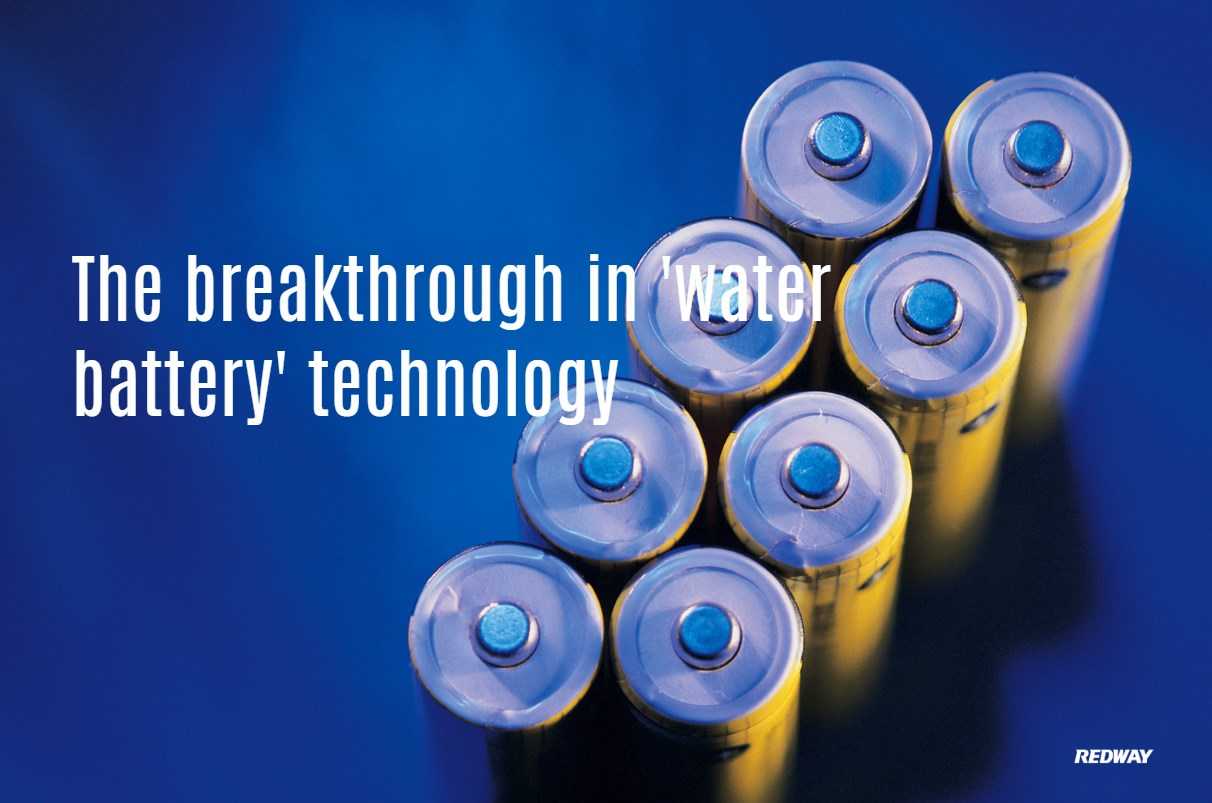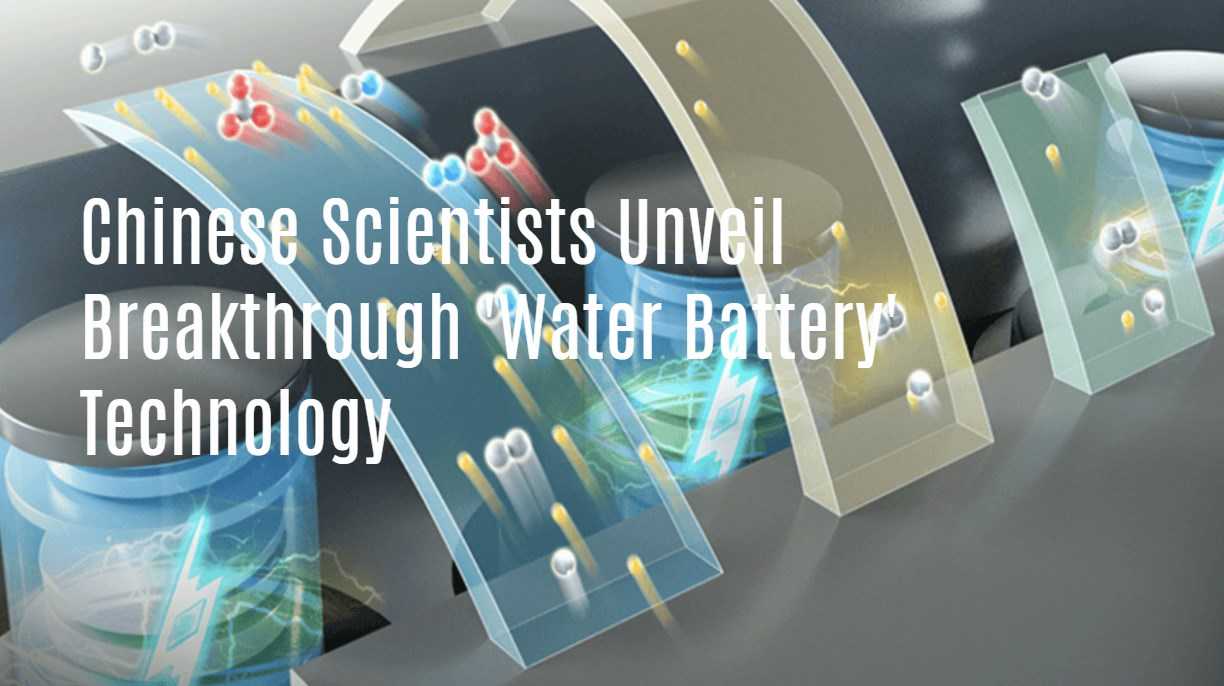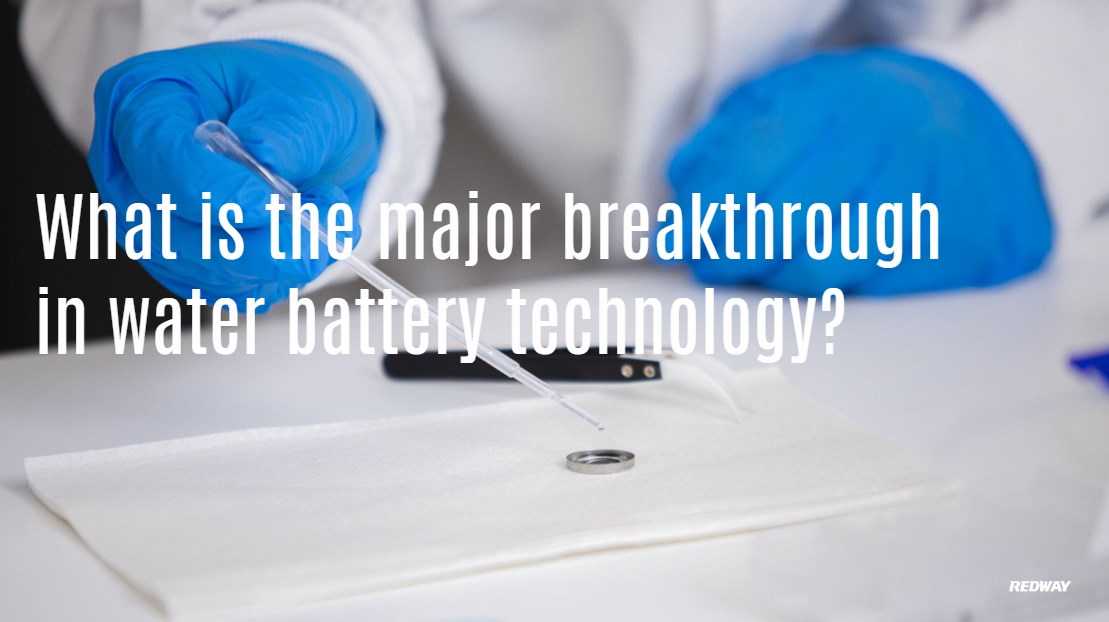- Water-Based Battery: Chinese scientists have created a water-based battery with almost double the energy density of traditional lithium batteries.
- Revolutionizing Aqueous Batteries: This breakthrough has the potential to revolutionize the field of aqueous batteries and expand their applications.
- New Possibilities: The enhanced energy density of the water-based battery opens up possibilities for its use in electric vehicles and other applications.
What is the new water battery?
- Aqueous Metal-Ion Batteries: ‘Water batteries’ are formally known as aqueous metal-ion batteries.
- Advantages: These batteries utilize metals like magnesium or zinc, offering benefits such as cost-effectiveness, recyclability, and lower toxicity.
- Revolutionizing the Battery Industry: Aqueous metal-ion batteries have the potential to revolutionize the industry with their unique properties and advantages.
How long does a water battery last?
- Battery Lifespan: Water batteries typically last for approximately 1000mA hours.
- LED Runtime: With a 10mA LED, a water battery can power it continuously for about 100 hours.
What is the major breakthrough in water battery technology?
- Electrolyte Replacement: Researchers have replaced the electrolyte in lithium-ion batteries with water, improving safety and efficiency.
- Recyclable ‘Water Batteries’: Inventors have developed recyclable ‘water batteries’ that offer enhanced safety and sustainability.
- Water-Based Electrodes: The use of water-based electrodes enhances battery performance and safety.
Water Battery vs Lifepo4 Battery, what are the differences?
- Water Batteries:
- These batteries use water-based electrolytes instead of other chemicals.
- They’re safer and better for the environment but have less power.
- Imagine them like a sturdy water bottle – safe, reliable, but not as strong as other options.
- LiFePO4 Batteries:
- These batteries last longer and are safer than traditional lithium-ion batteries.
- They’re good for the environment because they don’t contain harmful materials.
- Think of them as the eco-friendly superhero of batteries – strong, long-lasting, and kind to the planet.
In conclusion, the choice between water batteries and LiFePO4 batteries depends on what’s most important to you: safety and sustainability or power and longevity.
What is the new liquid battery?
- Iron-Based Aqueous Flow Battery: This technology offers potential for grid energy storage applications.
- Low-Cost Battery Design: A new battery design utilizes inexpensive and abundant materials, aiming for cost-effectiveness and sustainability.
What is the most promising future battery technology?
- Graphene Batteries: Graphene batteries are among the most promising future battery technologies.
- Faster Charging and Longer Lifespans: These batteries offer faster charging times and longer lifespans compared to traditional lithium-ion batteries.
- Improved Safety: Graphene batteries also prioritize safety, making them an attractive option for future energy storage solutions.
The breakthrough in ‘water battery’ technology
The ‘water battery’ concept leverages water as an electrolyte to generate electricity, releasing electrons through redox reactions, thus forming an electric current. This innovative technology utilizes iodine and bromine as electrolytes, boasting high safety standards with minimal risk of ignition or explosion. Moreover, it aligns seamlessly with eco-friendly practices as it is recyclable and harnesses readily available resources like tap water, soy sauce, or beverages for electricity generation.
One of the standout features of water batteries is their markedly superior energy density compared to conventional lithium batteries. This heightened energy density, coupled with enhanced safety attributes, positions water batteries as compelling contenders for a myriad of applications, including electric vehicles and other electric equipment.
The versatility of water batteries extends to electrofishing operations, where they offer prolonged service life and heightened stability, outperforming lithium batteries in freezing environments and certain other application scenarios.
Despite the promising outlook, researchers acknowledge ongoing challenges in the development of water batteries. These include addressing cost and kinetic performance issues associated with high salt concentration electrolytes, as well as the necessity for specialized designs to screen water-based prelithiation additives meeting stringent requirements.
Looking ahead, the future of water batteries appears promising, with experts anticipating their potential to supplant lithium-ion batteries within the next five years, ushering in a new era of enhanced convenience and sustainability in energy storage solutions.






